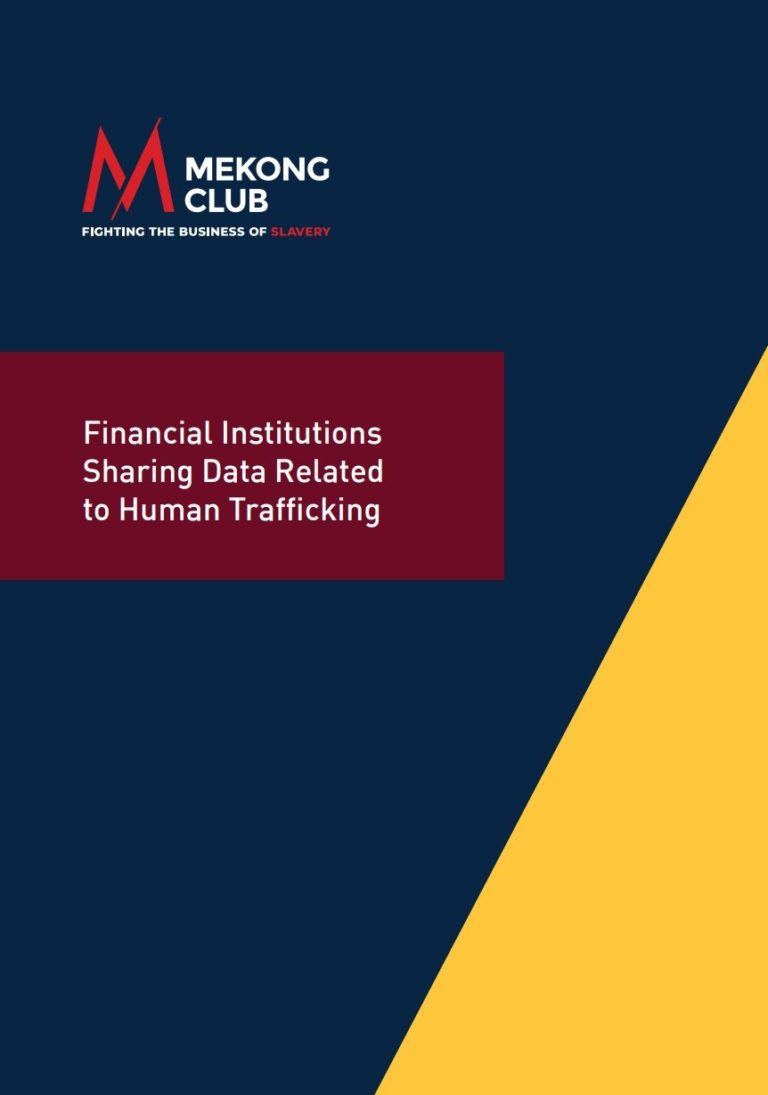Experiences of violence and harassment at work: A global first survey
PublicationsViolence and harassment at work causes harm to individuals, families, businesses and societies. It affects people’s lives, dignity, health and wellbeing. It also exacerbates inequality in societies and undermines business productivity. There shoul...Read More

